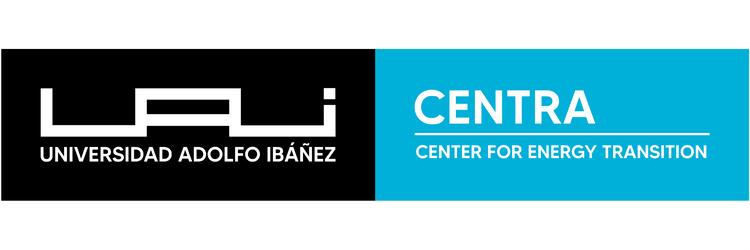Digital Skills: The Training Debt of the Chilean Mining Industry
May 30, 2025
The traditional technical training required in the mining industry is falling behind due to rapid technological advances and the need to adapt and respond to various challenges.
The Chilean Large-Scale Mining Workforce Study 2023-2032, developed by the CCM-Eleva Alliance, included a survey of human resources employees to identify the main difficulties in hiring operators and maintenance workers. In both profiles, one of the most frequently mentioned factors was the shortage of applicants with adequate digital skills. In addition, the relevance of the training of those entering these positions was questioned, and in both categories, digital skills—associated with the use of new technologies—represented the greatest perception of inadequacy: 44% of respondents rated the digital skills of operators as insufficient, and 36% made the same assessment of maintenance workers.
The industry is facing a new cycle of job retraining, driven, among other things, by automation and sustainability goals. In this context, worker adaptation is key.
This underscores the need to update training programs to include relevant skills for the digital age. For Carlos Silva, a professor at the Faculty of Engineering and Sciences at Adolfo Ibáñez University and a researcher at the CENTRA-UAI Energy Transition Center, the traditional training model is “completely obsolete.” In this new context, he says, professional programs must aim to train professionals “who learn to learn,” and suggests that it is important to “emphasize that these skills cannot focus solely on technical topics” in an industry that is now multidisciplinary.
The manager of outreach, innovation, and studies at OTIC CCHC, Bárbara Veyl, points out that one of the main challenges lies in the digital literacy of workers, an area in which mining companies “have invested considerably” to ensure they can handle the necessary tools and have access to advanced technologies such as AI.
A key point is to focus training on the most critical profiles, which, according to Mauricio Tapia Rubilar, principal consultant and general manager of M&G Consultora Minera, are heavy machinery and autonomous equipment operators in medium- and large-scale mining. “The main competencies and skills being prioritized are basic and advanced digital literacy, use of remote monitoring and control platforms, and operational data analysis,” he adds.

